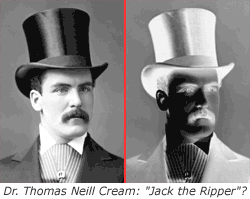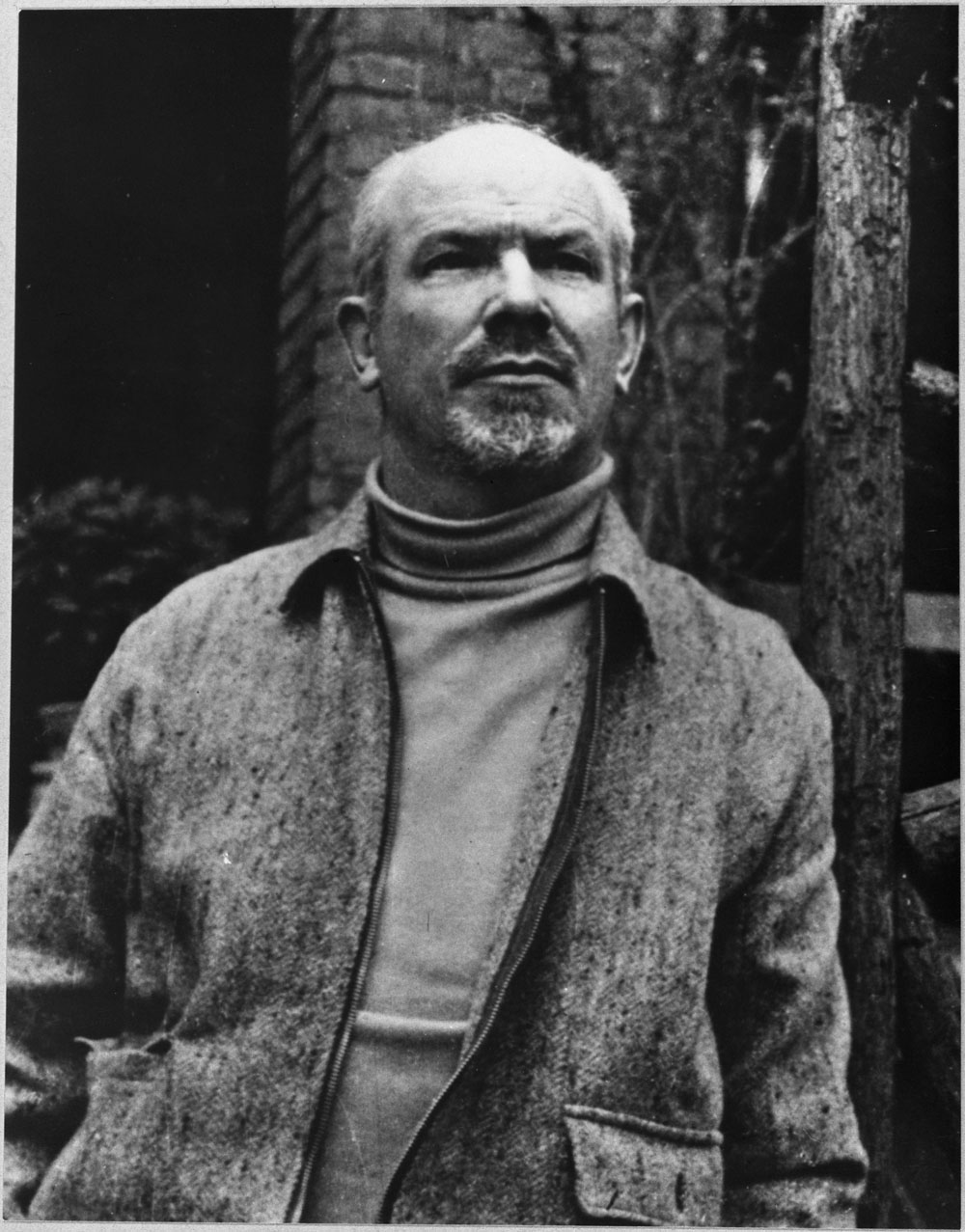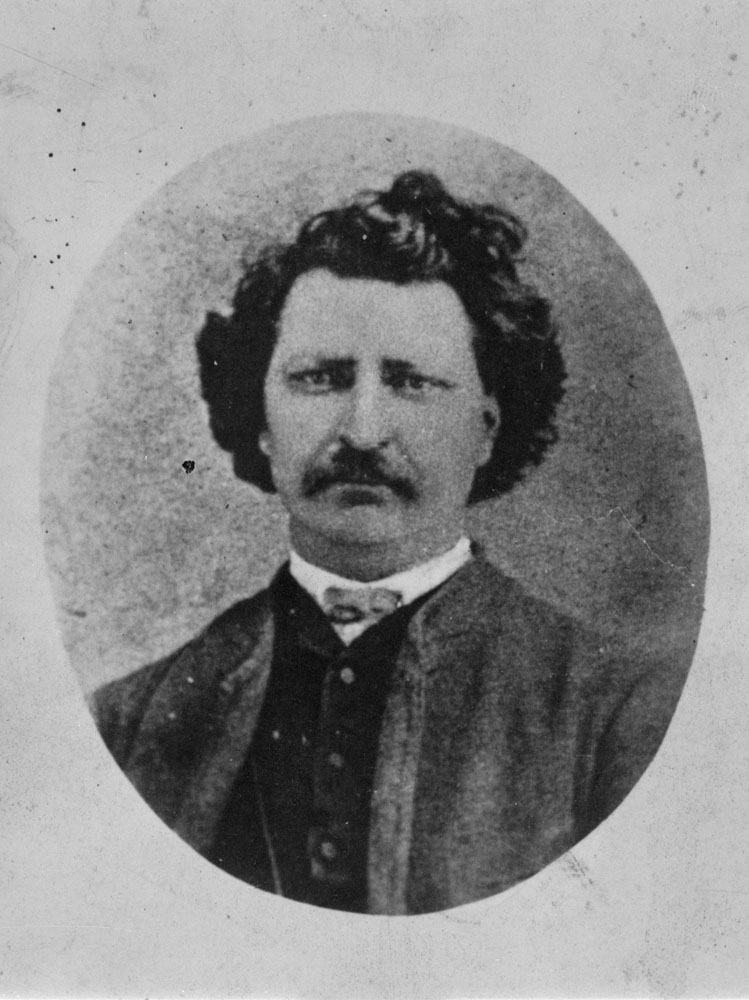It's a seemingly well-intentioned group that is, nevertheless, spreading some pretty ludicrous ideas about the nature of parliamentary government.
The questions in the survey included:
Question 1
Under Canada's current Constitution, the British Monarch together with an appointed Governor General (Lieutenant Governors for the Provinces) have the following decision-making powers:
- To approve or reject any law passed by our elected politicians;
Under Canada's current Constitution, the British Monarch together with an appointed Governor General (Lieutenant Governors for the Provinces) have the following decision-making powers:
- To approve or reject any law passed by our elected politicians;
- To determine when elections are held;
- To chose Canada's Prime Minister and the Premier of each province after an election, and;
- To determine when Parliament and Provincial Legislatures are opened and closed.
To what extent do you agree or disagree with the British Monarch and Governor General and Lieutenant Governors having these decision-making powers?
- Strongly agree
- Agree
- Disagree
- Strongly disagree
- [Do not read] Don't know/refused
Question 2
Do you think that these decision-making powers of the British Monarch and Governor General and Lieutenant Governors should be¦
- To chose Canada's Prime Minister and the Premier of each province after an election, and;
- To determine when Parliament and Provincial Legislatures are opened and closed.
To what extent do you agree or disagree with the British Monarch and Governor General and Lieutenant Governors having these decision-making powers?
- Strongly agree
- Agree
- Disagree
- Strongly disagree
- [Do not read] Don't know/refused
Question 2
Do you think that these decision-making powers of the British Monarch and Governor General and Lieutenant Governors should be¦
- Set out in clear rules that are enforced by the Supreme Court of Canada.
- Given to a person in a new position who is elected by Canadians.
- Both
- Given to a person in a new position who is elected by Canadians.
- Both
- Neither
- [Do not read] Don't know/refused
- [Do not read] Don't know/refused
Alas, the fact that this questions entirely overstate the actual powers of the crown in Canada seems to either have been entirely missed by the organization - or deliberately suppressed.
But I'm not the best person to speak on this. Here are some details from a press release put out by Helen Forsey (part of which is also mentioned in the Katie O'Malley blog above)
SURVEY PRESENTS LUDICROUS CARICATURE OF CONSTITUTION: FORSEY
The survey began with a sweeping misrepresentation, and at no point touched base with reality. It stated, falsely, that our present Constitution gives four far-reaching and outrageously dictatorial "decision-making powers" to the "British monarch," the governor general, and the provincial lieutenant governors. Then it asked two thousand Canadians whether or not they liked this imaginary tyranny.
Naturally, most did not.
"Anyone who knows anything at all about our parliamentary system knows that the powers of the Crown are miniscule," says Forsey, whose recent book, Eugene Forsey, Canada's Maverick Sage, delves into these questions. "In a very few extremely exceptional circumstances, the 'reserve powers' of the governor general and the lieutenant governors can be important, but even then they are hedged around by restrictions and practical limits that make them subject always to the will of our elected representatives."
For example, contrary to the statements in the survey, the governor general has no power to reject a law passed by "our elected politicians" in Parliament. (The provincial lieutenant governors may, in rare cases, "reserve" a bill, but then it is up to the federal government – made up of elected politicians – to make the final decision. In practice, it is hard to imagine this kind of federal challenge to a provincial law.)
The survey's assertions about the other three royal "powers" are just as wrong-headed, says Forsey.
"This kind of pernicious misinformation plays straight into the hands of those in power who would love to keep us barking up non-existent trees. That way they can on ignoring, abusing and destroying the democratic rights and protections that our Constitution actually does provide – mechanisms of parliamentary democracy and constitutional monarchy that have evolved through centuries of popular struggle and citizen vigilance."
"Despite good intentions, YCYC is doing a massive disservice to Canadians by circulating this ludicrous caricature of our constitution. I fail to understand how Harris/Decima can have agreed to be a party to such a gross distortion of reality."
"We have real tyrannies to deal with these days," said Forsey, who, like her father, has a history of vigorous opposition to the abuse of power. "As citizens, we cannot afford to waste our energies on imaginary ones."
The facts about our system of government are set out in the Library of Parliament's booklet, How Canadians Govern Themselves, written by Senator Forsey and now in its eighth edition, in print and on-line: www. parl.gc.ca/About/Parliament/SenatorEugeneForsey/book/preface-e.html





